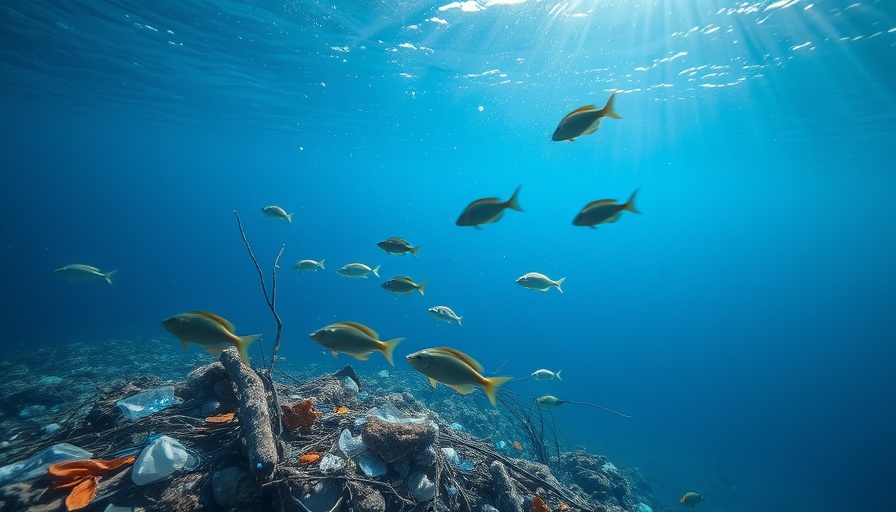
Global Summit to Combat Plastic Pollution: A Critical Juncture
In a world where plastic pollution has permeated nearly every ecosystem, from the bustling streets of Bali to the remote ocean depths, leaders are converging in Geneva to chart a pathway forward. The discussions, culminating from a global decision made in 2022, aim to forge a legally binding international agreement to address the escalating crisis of plastic waste over the next two years.
Plastic Crisis: A Looming Threat to Health and Economy
The urgency of the situation is underscored by alarming projections from the UN Environment Programme (UNEP), which warns that, without action, global plastic waste could triple by 2060. This alarming statistic not only highlights environmental degradation but also poses dire risks to human health and economic stability. The current discourse among policymakers emphasizes that recycling alone won't suffice — a radical overhaul toward a circular economy is essential, as asserted by UNEP Executive Director Inger Andersen.
International Collaboration: The Key to Real Change
Negotiations in Switzerland are echoing the historic significance of the 2015 Paris Climate Accord, underscoring the immense potential of a comprehensive agreement that addresses the entire lifecycle of plastics, including production, consumption, and disposal. Such a deal is essential to mitigate the impact of single-use plastics, prominent in our daily lives through items like straws and carrier bags, which have become ubiquitous in both marine and terrestrial environments.
The Role of Petrostate Interests in the Negotiations
However, the discussions face challenges, notably from petrostate interests whose economies significantly rely on fossil fuels used in plastic production. Industry giants push back against proposals that could reshape the market, revealing a conflict between environmental goals and economic dependencies.
A Look Ahead: Implications for Africa and the Global Economy
As Africa stands on the brink of economic transformation, the outcomes of these negotiations hold profound implications. The continent, rich in natural resources and home to burgeoning markets, must navigate the intersections of foreign relations and environmental policies to secure sustainable development. African leaders are pivotal in shaping these discussions, advocating for policies that consider local economic impacts while aligning with global sustainability goals.
Conclusion: Actionable Steps for Business Leaders and Policymakers
For stakeholders engaged in Africa's economy and governance, staying informed about the progression of plastic pollution negotiations is vital. Understanding these environmental policies not only shapes local markets but also aligns with the broader trajectories of global trade and geopolitics. Thus, it's essential to advocate for a systemic change towards sustainability in business practices and public policy.
 Add Row
Add Row  Add
Add 


Write A Comment